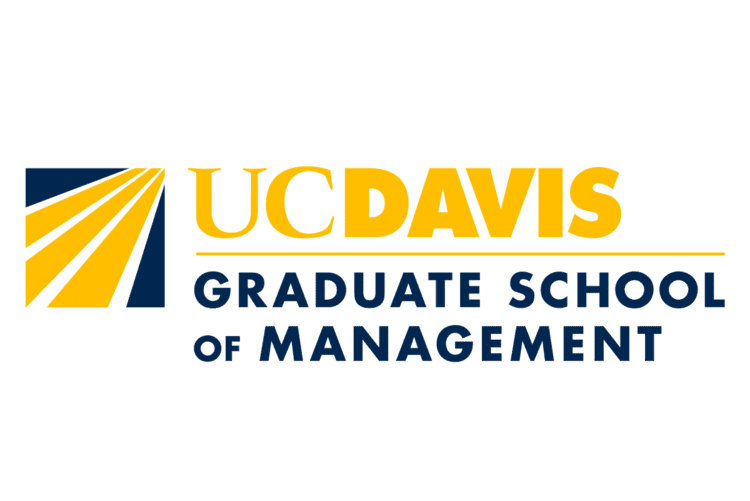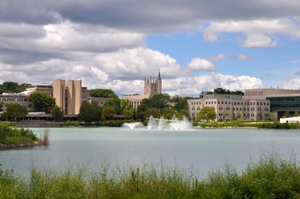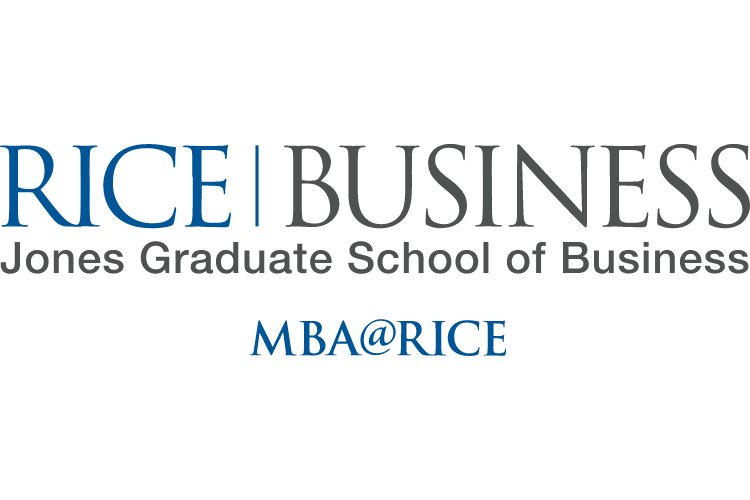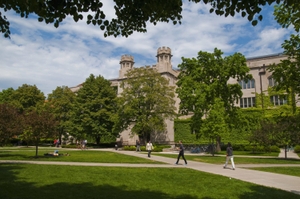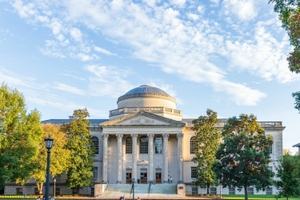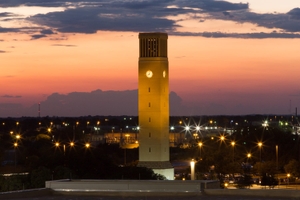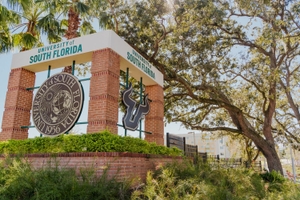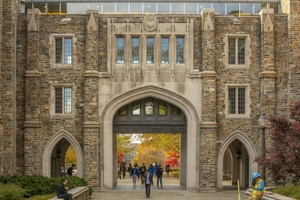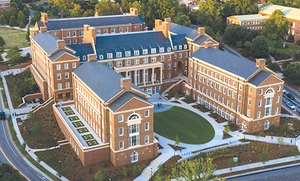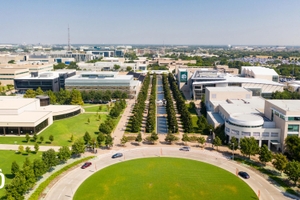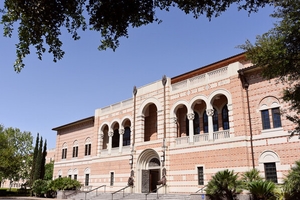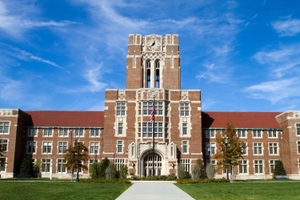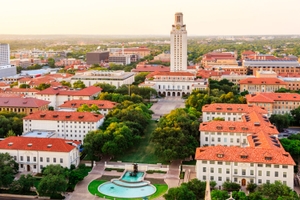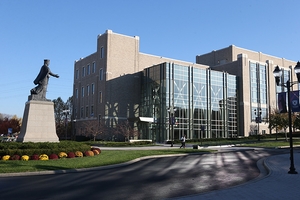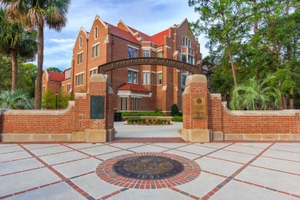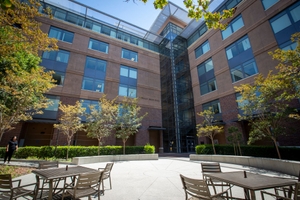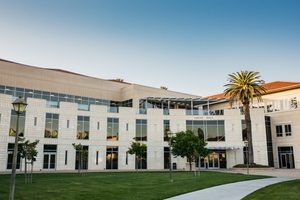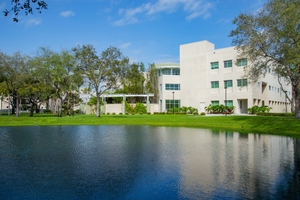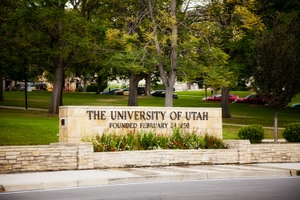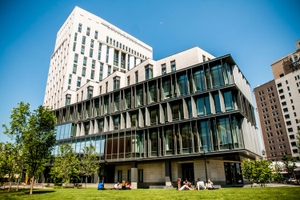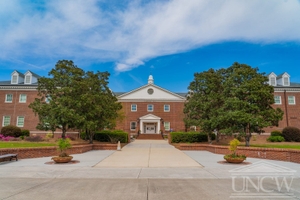UNC Kenan-Flagler’s top-ranked online MBA
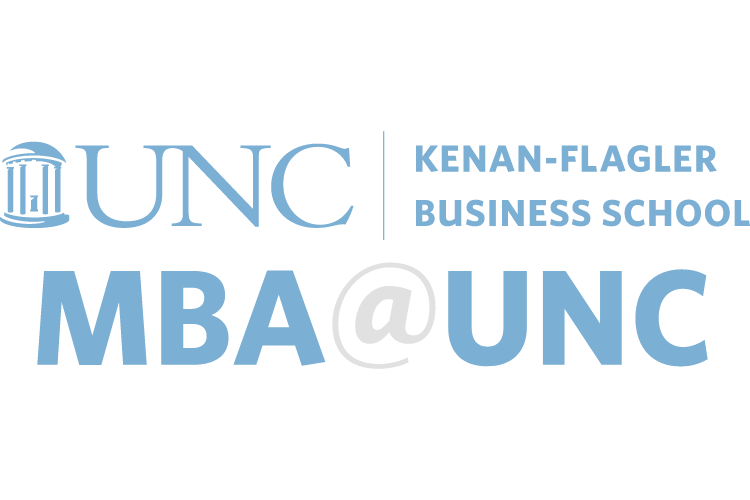

If you are a mid-career professional looking for a track into the C-suite, an executive MBA program provides you with a robust network of highly-motivated, experienced peers to get you where you want to go. To help you pick the executive MBA program that’s the best fit for you, Fortune ranked over 50 of the best executive MBA programs.
Both an MBA and an executive MBA (EMBA) are designed for professionals who want to land a role in the C-suite. EMBA programs are typically targeted toward working professionals with multiple years of work and management experience. demand a larger time commitment. On average, EMBA students have at least 15 years of work experience and 8 years of managing.
Earning an EMBA can help you get ahead in the tech world, in addition to preparing you for a C-suite role in other fields. Most MBA students have fewer years of work experience under their belts than EMBA students do. One advantage of EMBA programs is that many students are able to maintain their full-time work schedule, while taking courses. This enables professionals to keep gaining experience and advancing their careers while pursuing a degree. The curriculum of the two programs is largely the same, but EMBAs may have more advanced discussions and learning opportunities simply because the student population is more experienced.
While a traditional MBA can be advantageous to professionals at any point in their career, most people who pursue an EMBA begin their program after having at least eight years of work experience in a role supervising others. Ideal EMBA candidates are typically working in middle management roles, and seek advancement into a senior leadership position.
One disadvantage to getting an executive MBA is that it can be harder to change careers after earning the degree and diving into a particular career path. Additionally, because EMBA students are also working full-time concurrently, it can be difficult to balance class time in the evenings or on the weekends along with studying.
Most MBA programs are designed for students with fewer years of work experience, while most EMBA programs are designed for current leaders with several years—usually eight or more—of experience in a supervisory role. Comparing the two programs and determining your own educational needs will help decide which program will be a better fit. If time management is not your strong suit, then an EMBA may be difficult to balance.
Not necessarily, although both are advanced degrees in business administration. The two programs vary in structure and tend to cater to different types of students. Traditional MBA programs offer students the opportunity to advance in their careers or even switch careers, with training geared toward management roles. Meanwhile, an executive MBA is really meant for full-time professionals looking to move up in their fields. Digging deeper, an MBA is typically for professionals at any point in their career, but the ideal candidate for an executive MBA is usually someone in their late 30s or early 40s (with management experience) looking to become a c-suite executive.
An executive MBA can increase your earnings, expand your networking, and give you the push you need to move up the corporate ladder—and that’s why thousands of students find these programs to be incredibly valuable. The degree is designed for people who want to complete a program while working full-time, and it teaches these working professionals leadership skills and gives them a better understanding of financial outcomes in their industries. What’s more, an EMBA program can also help students who want to switch careers entirely because the core curriculum of finance, accounting, marketing, and operations can be applied in almost any industry.
An executive MBA can increase your salary. In fact, nearly a quarter—23.9% of EMBA graduates receive compensation increases, and nearly half—42%—received a promotion in the middle of their program, according to data from the EMBA Council. Comparing before and after an EMBA, students experienced salary and bonus package increases of about $46,000.
An executive MBA allows students to work full-time while earning an advanced business degree—and it also gives you the opportunity to use, in real-time, both the skills you’ve learned in your career and in class. By exercising these skills alongside other professionals, that can help you to draw on learnings and advance in your career. Ellen Johnson, who graduated from New York University Stern’s EMBA program, told Fortune that earning an MBA was “the best decision” she ever made and helped her to advance to the role of chief financial officer (CFO).
An executive MBA is no easier or harder than a traditional MBA. Choosing which program you’d like to pursue depends on your personal circumstances and career goals. Those people who are working to complete an executive MBA are typically looking to deepen their already established knowledge so that they can move up to higher roles—and they’re less likely to switch careers completely (though it is possible).
The cost of executive MBA programs can range from roughly $60,000 to $250,000 making the prospect of earning this degree a substantial investment. Top-ranked schools typically have a higher associated cost—like Columbia University’s executive MBA program, ranked No. 2 by Fortune, has an estimated cost of $248,280. That being said, many schools have scholarships available, and keep in mind that your employer may also help with the costs.
In some instances, and to varying extents, companies do sponsor the cost of attending an executive MBA program for employees. The University of Pennsylvania’s Wharton School of Business estimates that 30% of applicants for its executive MBA program get full or partial financial support from their employers. It’s helpful to check if your company has tuition reimbursement policies already in place, and if so, ask your manager if sponsorship for an executive MBA program is possible.
The Executive Assessment, a standardized exam similar to most entrance tests, is more common for those people applying to executive MBA programs than the GMAT. Some schools don’t require exams at all, including: Northwestern University, University of Michigan, UCLA, UNC–Chapel Hill, and NYU,—all of which are within the top 10 of Fortune’s ranking of executive MBA programs.
A few Ivy League schools offer an executive MBA program, including: Yale University, the University of Pennsylvania (Wharton), Columbia University, and Cornell University—all of which are considered the best online executive MBA programs by Fortune’s ranking. Harvard does not have an executive MBA.
To earn an executive MBA you have to be completely dedicated because returning to school brings a whole new meaning to time management. In addition to balancing a 40-hour (or longer) workweek with 20 or so hours of studying, you must also juggle personal commitments. To be successful in an EMBA program, you must be focused, determined, and organized.
Fortune’s executive MBA ranking is built using information collected from the university, along with data from companies and executives—providing a comprehensive look into each program on the list.
Northwestern University’s Kellogg School of Management has the best executive MBA program, according to Fortune’s ranking of dozens of programs. Columbia and UPenn (Wharton) came in second and third, respectively.
